Bloody Saipan

June, 1944
by
Gary Schreckengost
Amazon.com
COVER: An Amtrac and a squad of Marines hit the beach atSaipan, 1944
. United States Marine Corps.
Preface : 3
Chapters :
1.My Dad, 5.
2.Donnie Joins the Navy, 11.
3.I Enlist into the Marines, 22.
4.Tents and Training, 28.
5.The Trench, 40.
6.Maneuver Training, 50.
7.Amphibious Training, 74.
8.Operation Forager, 84.
9.The Plan, 98.
10. D-Day, June 15, 1944, 111.
11. Hit the Beach! 121.
12. The Bunker, 134.
13. Fire for Effect, Over, 146.
14. Banzai Charge, 161.
15. Tank Attack and Turkey Shoot, 170.
16. I Get Wounded on Bloody Hill 790, 178.
17. I Was a Marine on Saipan, 1944, 200.
About the Author : 206
Preface The battle for Saipan and the Marianas Island chain
in the Central Pacific was one of the toughest battles
of World War II. Assaulted by three American
divisionstwo Marine and one Armyand
supported one of the largest naval armadas ever
assembled, Saipan was a strategic victory for the
United States. Once it was secured by late-July 1944,
massive new B-29 bombers were able to attack Japan
from the island chain. This is the historically accurate
but fictional story of one of the Marines who hit Red
Beach in June 1944: Lance Corporal Henry
Hennessey, a high school hockey player from
Syracuse, New York. Read how and why Henry
joined, what his training was like on Hawaii, who his
buddies were in A Team, 2nd Squad, 3rd Platoon, Fox
Company, 2nd Battalion, 6th Marines, and what
combat was like on Saipan, 1944.

 CHAPTER 1
CHAPTER 1
My Dad On December 7, 1941, the day the Japanese bombed
Pearl Harbor and wiped out most of our Pacific
fleetexcept our carriersI was home with my
parents in a small row home in Syracuse, N.Y. It was
very cold that December, we had had a lot of snow,
and I was listening to the radio when the news came
across. I was 16 in 1941 and in the eleventh grade. I
didnt really like school but I did like playing
football, hockey, and baseball. Of the three, I
probably liked hockey the most because I really liked
winter with all of the sledding, skating, hockey, and
massive neighborhood snowball fights. My older brother, Donnie, was 21 and worked
at a local machine shop. He still lived at home and I
really didnt like him. I used to, when I was little, but
I guess I got tired of him always stuffing snow balls
in my face or picking on me. But as I got older, I got
tougher, and last year I actually knocked him down
in our living room until my mother came in with a
wooded spoon and whacked us both in the head.
The next day, December 8, I went to school
and thats all we really talked aboutthe war. A few
weeks later, we were not only at war with Japan, but
most of the entire Axis alliance as well when
Germany and Italy declared war on us, too. Thats
when things started to get scary. Do the Germans
know something we dont? Do they have a secret
weapon to bomb New York City? We knew the Japanese were crazy but we actually feared the
Germans with their U-boats, battle ships, and
bombers.
Of course I was just a kid at the time and
really didnt understand these things but my father,
Hubert Hennessy, who had fought in W.W. I with
his brother Chance, did. They served as infantrymen
in the 77th Divisions Company B, 1st Battalion, 308th
Infantry Regimentthe famed Lost Battalion of
the 1918 battle of the Argonne Forest. I didnt know
my father before he went off to warnor did my
motherso we dont know what he was like before
the war. My grandmother said that he was more
happy-golucky before the war and when he
returned he was distant. It was like a part of him had
died over there. He apparently drank more and refused to go to church. When he met my mother,
things apparently improved, they got married, and
had my jerk of a brother in 1920.
My father was a good guy, but he did scare me
at times. Sometimes, late at night, hed just stare out
our front window or sat out on the front porch and
shook his head. I also knew that hed cry a little but
he never admitted it as he rarely if ever talked about
his war-time experiences. I also know that he was
very upset about our economic depression. He just
didnt understand or accept that the country sent
him and his brother off to war (they were drafted),
put them through hell on earth, and when the rich
and the war profiteers, men who did not serve,
drove the economy into the sewers during the 1920s,
why was it he and other veterans that were the onesto suffer? When they asked for their pensions so
they wouldnt starve in 1932, they were beat down
by the government, especially when President
Hoover called in Federal troops to disperse what was
called the Bonus Riot.
So war was a mystery to me. It was something
I read in booksbooks that too often glorified it.
For example, when I was reading a book about the
American Revolution, my father looked over and
said, Ya know, son, the truth will never be told
about that war.
I know, pop.
No you dont son. Look at this picture:
theres no blood, no screaming. It looks like old
George is on a camping trip, look, hes smiling and in reality there are people getting blasted all around
him. Hes scared to deathnot smiling. With that,
he walked into the kitchen and I decided to read the
funnies.
 CHAPTER 2
CHAPTER 2
Donnie Joins the Navy Over the next several months after Pearl Harbor the
news from the front wasnt good. The Japanese had
overrun almost every U.S., British, and Dutch
possession in the Pacific. In late December, 1941,
for example, our island of Wake was captured by the
Japanese, and even worse, on May 6, 1942, our huge
garrison on the Philippine Islands was surrendered
because we didnt have enough forces to help them.
My older brother Donnie, who always hated his
machinist job and living at home after high school,
decided to enlist into the U.S. Navy. He eventually
ended up on the U.S.S.
Saratoga, a big, fat, top-of
line super modern aircraft carrier that deployed fighters, dive-bombers, and torpedo planes. When
he said good-bye, my mother cried, my father said,
Stay on the ship, and to me he said, Hen, the
room is all yours, pal! Wish me luck! And that was
the last we saw for Donnie in a long time.
Then even more bad news: the Germans were
driving toward Stalingrad in southern Russia to seize
the massive oil fields there and to cross the mighty
Volga River to capture Moscow from the east. The
Japanese had even driven down to the very doorstep
of Australia as they now held most of New Guinea,
a giant island about as long as our eastern sea board,
and the Bismarck and Solomon Islands, which
included New Britain and Guadalcanal, where they
had built several air bases. According to the
newspaper, the Japs were attempting to blockAustralia from the U.S. by controlling the sea lanes
and by creating a
cordon sanitaire in the Marshall,
Gilbert, Solomon, and Bismarck Islands as well as


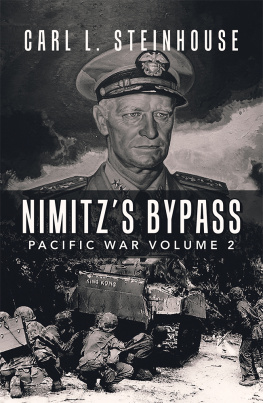
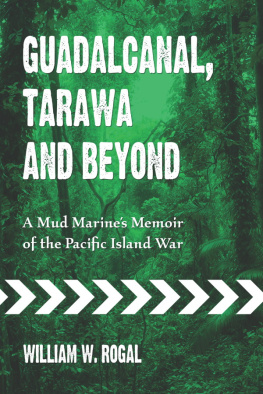
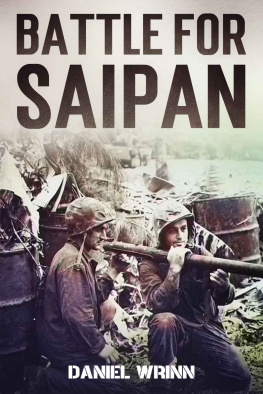
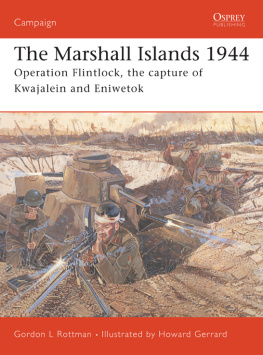
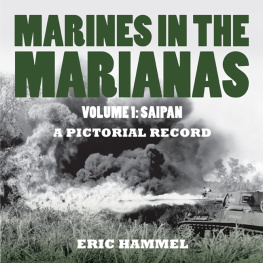
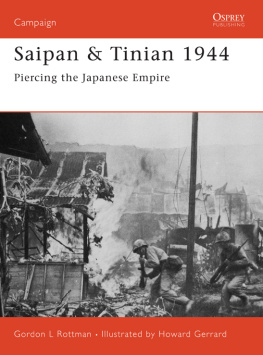


 CHAPTER 1
CHAPTER 1 CHAPTER 2
CHAPTER 2